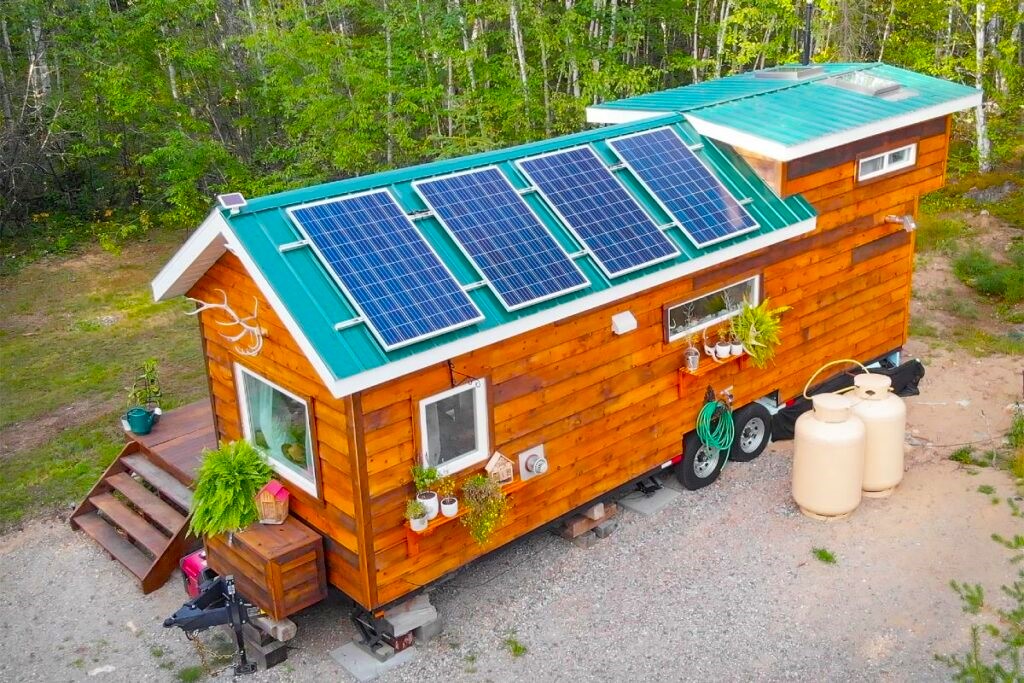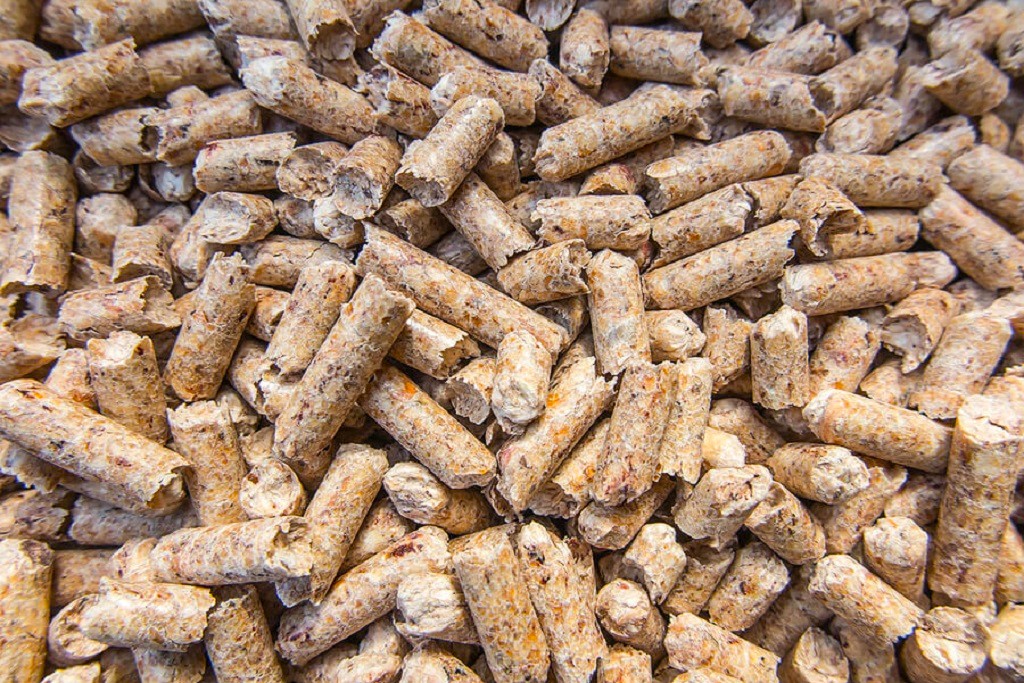In today’s environmentally conscious world, finding sustainable heating solutions is crucial. This article delves into the various heating systems that not only keep your home warm but also contribute to a greener planet. Let’s explore the options that align with eco-friendly practices and renewable energy sources.
Geothermal Heating Systems
Geothermal heating systems utilize the Earth’s natural heat from beneath the surface. By tapping into the stable temperature underground, these systems provide an energy-efficient way to heat your home. Installing a geothermal system may involve higher initial costs, but the long-term benefits are substantial.
Harnessing Earth’s Energy
Geothermal systems work by circulating water or refrigerant through pipes buried in the ground. This process efficiently captures the Earth’s heat, converting it into a reliable source for warming your living space. As a renewable energy option, geothermal heating significantly reduces carbon emissions.

Solar Heating Systems
Embracing the power of the sun, solar heating systems offer a clean and sustainable way to heat homes. Solar panels on the roof or in open spaces absorb sunlight, converting it into usable energy for heating purposes. This not only reduces your carbon footprint but also leads to long-term energy savings.
Harnessing Solar Power
Solar heating systems use solar collectors to capture sunlight and convert it into thermal energy. This energy is then transferred to a fluid that circulates through the system, providing warmth to your home. The versatility and eco-friendliness of solar heating make it a compelling choice for environmentally conscious homeowners.
Biomass Heating Systems
Biomass heating systems utilize organic materials like wood pellets, agricultural residues, or dedicated energy crops. By burning these materials, biomass systems generate heat for your home while minimizing environmental impact.
Sustainable Biomass
Biomass heating is considered carbon-neutral because the carbon dioxide released during combustion is offset by the carbon absorbed by the plants during their growth. This cycle creates a sustainable and eco-friendly heating solution.
Infrared Heating Panels
Infrared heating panels operate by emitting infrared radiation that directly heats objects and surfaces in a room. This focused heating method provides an energy-efficient solution with minimal heat loss.
Efficient Infrared Heat
Infrared heating panels offer quick and direct warmth without heating the air. This focused approach reduces energy consumption, making it an environmentally friendly option for space heating.

Air-Source Heat Pumps
Air-source heat pumps extract heat from the outdoor air and transfer it inside, providing an energy-efficient way to heat your home. These systems are versatile and work well in various climates.
Tapping into Outdoor Heat
Air-source heat pumps work by absorbing heat from the air outside, even in cold temperatures. By compressing and releasing refrigerant, these systems efficiently warm your home while consuming less electricity compared to traditional heating methods.
Ground-Source Heat Pumps
Similar to air-source heat pumps, ground-source heat pumps harness the Earth’s consistent underground temperature to provide efficient heating for homes. This technology offers a reliable and eco-friendly alternative.
Harnessing Stable Underground Temperature
Ground-source heat pumps circulate a fluid through pipes buried in the ground, absorbing the Earth’s heat. This geothermal exchange provides consistent and energy-efficient heating, making it a sustainable choice.
Hydrogen Heating Systems
Hydrogen heating systems utilize hydrogen gas as a clean fuel source. When burned, hydrogen produces heat and water vapour, making it an eco-friendly alternative to traditional heating fuels.
Clean Energy from Hydrogen
Hydrogen is a versatile and clean-burning fuel. Hydrogen heating systems offer a greener option by producing heat without emitting harmful pollutants, contributing to a cleaner environment.
Masonry Heating Systems
Masonry heating involves using massive thermal mass, such as bricks or stones, to store and radiate heat. This method provides a sustainable and long-lasting solution for heating your home.
Storing and Radiating Heat
Masonry heating systems absorb heat when in use and slowly release it over an extended period. This natural and efficient process ensures consistent warmth without excessive energy consumption.
Consider Investing in Insulation
While exploring heating systems, it’s essential to invest in proper insulation for your home. Insulation helps retain heat, making your chosen heating system more effective and reducing overall energy consumption.
The Role of Insulation
Insulation acts as a barrier, preventing heat loss and maintaining a comfortable indoor temperature. Properly insulated homes require less energy for heating, contributing to both environmental conservation and cost savings.
FAQs
Are Geothermal Heating Systems Suitable for All Locations?
Yes, geothermal heating systems are versatile and work well in various climates. However, a professional assessment is recommended to determine the system’s feasibility for specific locations.
How Can I Ensure the Efficiency of Solar Heating Panels?
Regular maintenance, cleaning, and positioning of the solar panels optimally can enhance their efficiency. Consult with a solar energy expert to maximize the performance of your solar heating system.
Is Biomass Heating Environmentally Friendly?
Biomass heating is considered environmentally friendly because it relies on organic materials, creating a carbon-neutral cycle. However, sourcing sustainable biomass is crucial to maintaining its eco-friendly status.
Are Infrared Heating Panels Safe?
Yes, infrared heating panels are safe for residential use. They operate without emitting harmful gases or compromising indoor air quality, providing a safe and efficient heating solution.
What Maintenance is Required for Air-Source Heat Pumps?
Air-source heat pumps require regular cleaning and occasional professional maintenance to ensure optimal performance. Keeping the outdoor unit free from debris is essential for efficient operation.
Can Hydrogen Heating Systems Be Used as a Primary Heating Source?
Hydrogen heating systems can be used as a primary heating source, but their availability may vary. Consult with local energy providers to explore the feasibility of hydrogen as a primary heating option.
Choosing environmentally friendly heating systems is a proactive step toward a greener and sustainable future. Whether opting for geothermal, solar, biomass, or other eco-conscious solutions, each choice contributes to reducing carbon footprints and preserving the planet. The Ultimate Guide to Mobile Home Heating Systems unveils cutting-edge technologies. By combining these technologies with proper insulation, you can create a warm and eco-friendly home that aligns with modern environmental standards.




